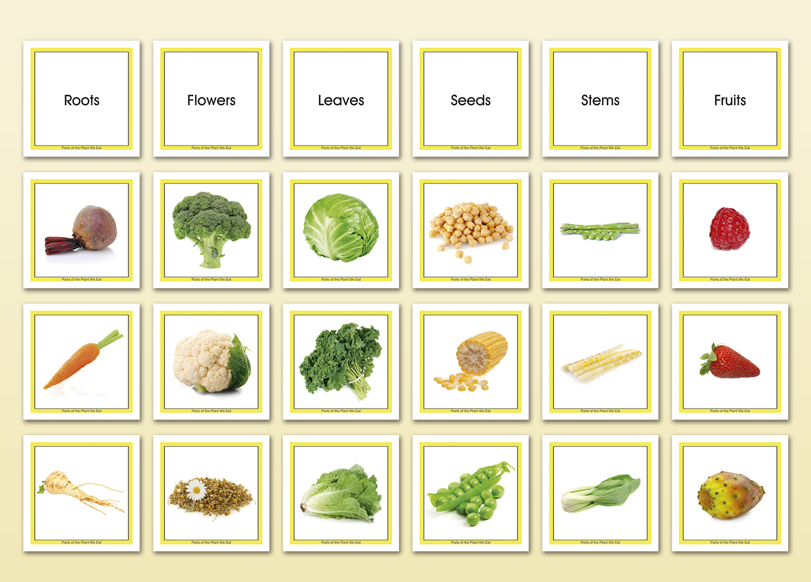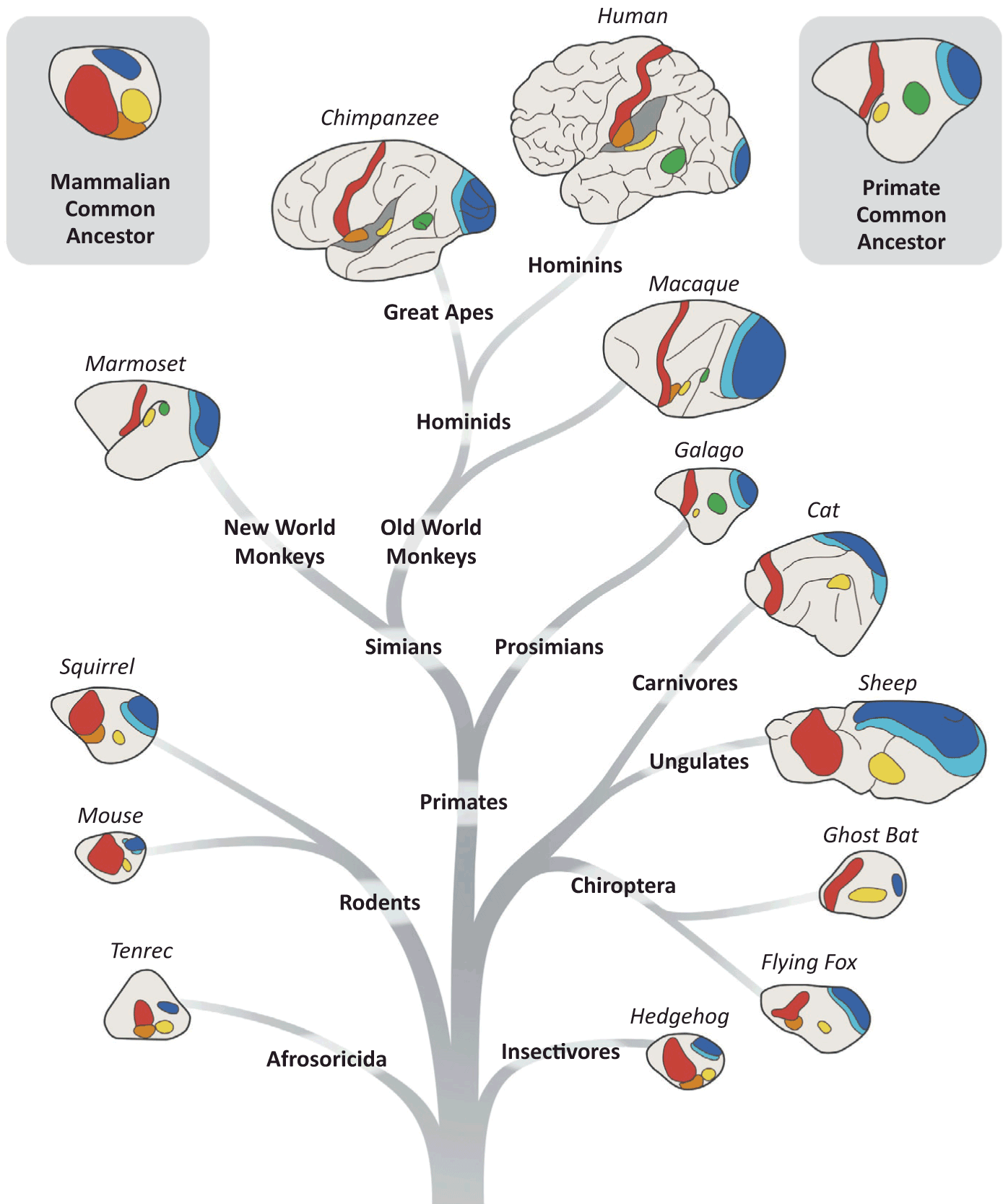Conceptualism Can’t Account for the Phenomenology of Hallucination
The argument from fineness of grain is probably the most discussed argument for nonconceptualism. (To name but a few discussants: Peacocke 1998, 2001a, 2001b; McDowell 1994, 1998, Brewer 1999, 2005, Tye 2005, Coliva 2003, Kelly 2001a, 2001b, Veillet 2014.) To account for the fine-grained phenomenal character of visual experience in …







